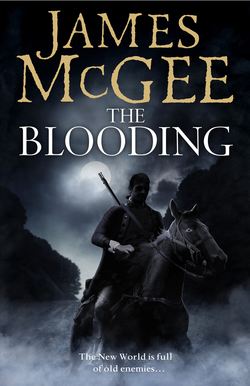Читать книгу The Blooding - James McGee - Страница 5
MOHAWK NAMES
ОглавлениеThe Mohawk at the time the novel is set had no written language. Iroquois vocabulary was originally transcribed by Jesuit missionaries and therefore, even today, there are discrepancies in the origins, spelling and meaning of certain words. I’m indebted to Thomas Deer of the Kanien’kehá:ka Onkwawén:na Raotitióhkwa Language & Cultural Center in Kahnawá:ke, Montreal, for his guidance.
Rotinonshón:ni: “People of the Longhouse” – the Six Nations – Iroquois Confederacy
Kanien’kehá:ka: “People of the Place of the Flint” – the Mohawk
Kaion’kehá:ka: “People of the Marsh” – the Cayuga
Oneniote’á:ka: “People of the Standing Stone” – the Oneida
Ononta’kehá:ka: “People of the Hills” – the Onondaga
Shotinontowane’á:ka: “People of the Great Mountain” – the Seneca
Tehatiskaró:ros: “People of the Shirt” – the Tuscarora
Kaianere’kó:wa: “The Great Law of Peace” – the Constitution of the Six Nations
Oyata’ge’ronóñ: “People of the Cave Country” – the Cherokee
Wendat: “People of the Island” – the Huron
Ahkwesáhsne: “Where the partridge drums” – Mohawk village near St Regis
Kahnawá:ke: “On the rapids” – Mohawk village near Montreal
Kanièn:keh: “Land of the Flint” – Traditional homeland of the Mohawk
Kenhtè:ke: “Place of the Bay” – Mohawk village on the Bay of Quinte, Canada
Anówarakowa Kawennote: “Great Turtle Island” – North America
Atirú:taks: Adirondacks
Kaniatarowanénhne: “Big Waterway” – the St Lawrence River
Ne-ah-ga: Niagara
Oiqué: Hudson River
Senhahlone: Plattsburg
Tanasi: Tennessee
